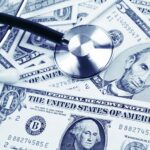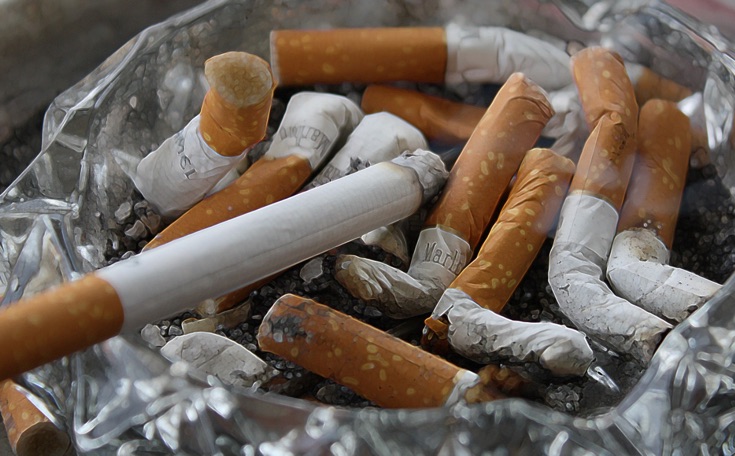
A Second Case of Dutch Disease
January 11, 2024
January 2024 Friday’s e-links: A New Novel
January 12, 2024The Tax Foundation tells us that when a tax increase brought Maryland’s cigarette tax up to $3.75 a pack, smuggling surged by 28.7 percent while tax revenue plunged by more than $219 million.
It could have been a lesson for Massachusetts.
Massachusetts’ Menthol Cigarette Ban
During June 2020, Massachusetts banned menthol flavored cigarettes. Within the year, sales declined close to 24 percent. Compared to 2019, the 2021 drop was 25 percent. But it was much more than sales. Massachusetts sacrificed $135 million in tax revenue. Similarly, after California’s ban, researchers collected 15,000 discarded cigarette packs from public trash bins. They calculated that 21.1 percent of the packs were menthol style.
Menthol? Many smokers continued with their flavored preferences. They were just smuggled.
When Massachusetts implemented the ban, menthol sales in nearby states increased. As a result, Massachusetts is hit in two ways. Smokers’ health does not improve and it loses potential tax revenue. Meanhile, New Hampshire’s cigarette tax revenue was way up.
Below, you can see a 30-mile circle around Massachusetts in which researchers quantified county level changes in menthol cigarette purchases. The values are in percents:

Recognizing the unintended consequences of statewide bans, a University of Washington study suggested a tax would be more effective. They concluded that a $6 per pack tax would give a 14 percent boost to state tax revenue while pulling menthol cigarettes and cigarette consumption down.
Our Bottom Line: Pigovian Taxes
British economist Arthur Pigou (1877-1959) articulated a defense of the paper’s taxation conclusion. Citing negative externalities as the ripple of harmful consequences from an event or agreement, his tax recommendations were win/win.
When we paid the tax, the revenue could be directed toward improving our health. If the tax prevented the purchase, then it diminished smoking (or whatever the tax was targeting).
While also conveying the benefits of a national ban (that was not going to happen), the U. of Washington study hypothesized that state tax revenue would increase by 14 percent while reducing smoking activity.
However, one big glitch is the group that suffers. A sales tax is regressive. Because all consumers pay the same amount, those who earn less pay more (proportionally). And returning to where we began, we can recall what happened to Maryland.
So yes, we have to assume there will be unintended consequences.
My sources and more: Reading about cigarette taxes, I continued to subsequent less traveled (more interesting) territory on menthol. Then, this summary of a University of Washington study and the paper that documents the study took the next step. And finally, this article on a national ban, was just in The Washington Post.
Our featured image is from Pixabay. Also please note that parts of “Our Bottom Line” were in a previous econlife post.
![econlifelogotrademarkedwebsitelogo[1]](/wp-content/uploads/2024/05/econlifelogotrademarkedwebsitelogo1.png#100878)






1 Comment
I note the difference between a head tax, where all consumers pay the same amount, and a flat tax, where all consumers pay at the same rate. I wonder whether a progressive sales tax could be designed.